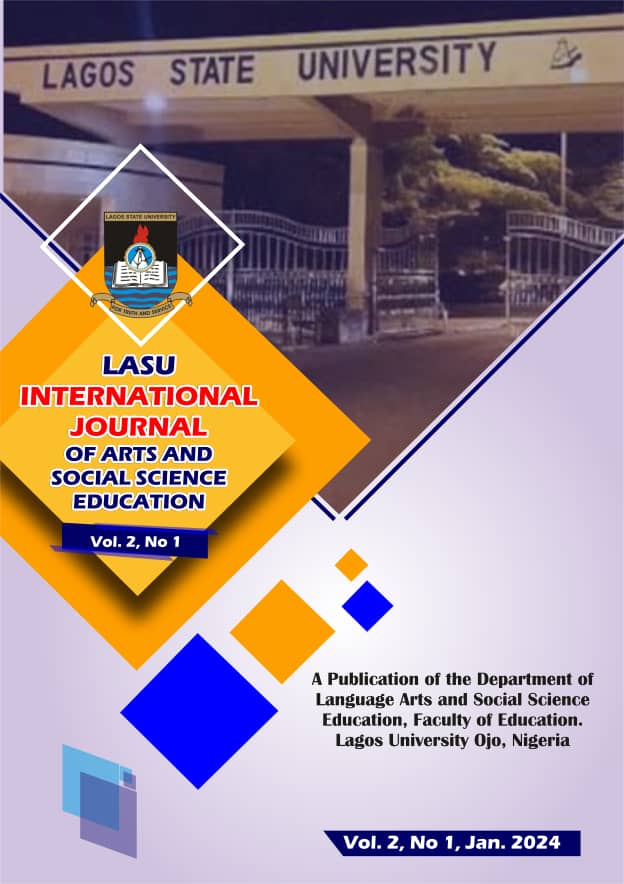This appraisal explores the Social Studies education in raising interracial and interethnic children in Nigeria and diaspora. Understanding and addressing the complexities of interracial and interethnic relations are vital for fostering inclusive societies and promoting harmony in diverse communities. Social Studies education serves as a powerful tool for promoting social cohesion, empathy, and mutual respect, laying the foundation for a more just and harmonious world. It serves as a means of navigating the challenges and opportunities inherent in interracial and interethnic dynamics, both in Nigeria and its Diaspora. Through an exploration of historical contexts, socio-cultural barriers, and educational disparities, it becomes evident that interracial and interethnic children face unique challenges in identity formation, educational attainment, and social integration. These challenges underscore the importance of developing effective strategies for enhancing Social Studies education to promote understanding, empathy, and respect for diversity. By incorporating multicultural curriculum content, adopting culturally responsive teaching practices, providing experiential learning opportunities, investing in teacher training, and fostering collaborative partnerships, stakeholders can work towards creating inclusive learning environments that empower students to become informed and engaged citizens. Therefore, curriculum revisions should ensure that Social Studies curricula incorporate diverse perspectives, histories, and experiences of interracial and interethnic communities. They should reflect the multicultural realities of society and promote empathy, respect, and understanding among students.









